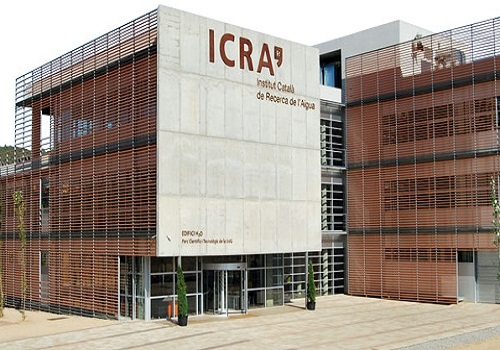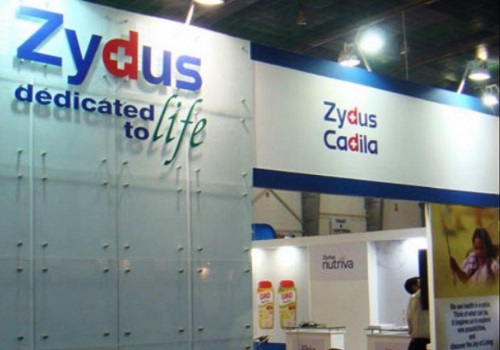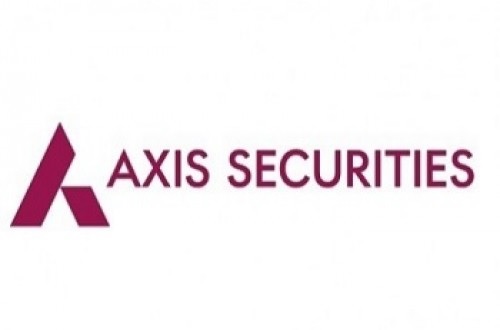Key indices end with minor cut on Monday
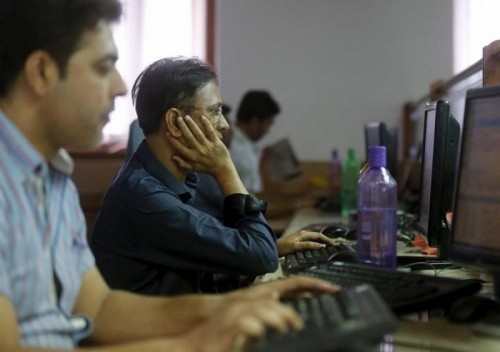
Follow us Now on Telegram ! Get daily 10 - 12 important updates on Business, Finance and Investment. Join our Telegram Channel
Indian equity benchmarks closed in the negative on Monday but staged a strong rebound from the lows. Markets made a negative start, tracking losses in index majors Indusind Bank, Power Grid, ICICI Bank and HDFC Bank amid a weak trend in global markets. Sentiments remained down-beat with report that the International Monetary Fund pointed to emerging signs of a stronger global economic recovery, but warned that significant risks remained, including the emergence of mutations of the coronavirus. Selling further crept in with the latest data from the Reserve Bank showed that as the year-long pandemic left households more indebted, which has sharply jumped to 37.1 percent of GDP in Q2 of FY21, while their savings rate plunged to a low 10.4 percent. The household savings plunged as the pandemic has led to tens of millions losing jobs and almost all forced to take deep pay-cuts, forcing them to borrow more or dip into their savings to meet expenses. Mounting concerns pertaining to rise in COVID-19 cases in various parts of the country and resultant restrictions continued to weigh on investors sentiments.
However, late buying in Realty, IT, FMCG and TECK shares helped benchmarks recover from intraday lows. Traders also found some support with Aayog Vice Chairman Rajiv Kumar’s statement that India needs to grow at 10.5-11 percent in real terms in FY22 and then sustain that to overcome massive ill-effects of the COVID-19 pandemic. Some support also came with Sebi data showing that investments through participatory notes (P-notes) in the Indian capital market rose to Rs 91,658 crore at February-end, making it the highest level in 33 months, suggesting growing confidence of overseas investors. Traders also took a note of the article on the 'State of Economy' written by RBI Deputy Governor M D Patra and other officials stated that amid ominous signs of a possible second wave of COVID-19, the country needs to speed up vaccination drive.
On the global front, European markets were trading mostly in red after reports suggested that the European Union could begin restricting exports of Covid-19 vaccines to the U.K. to try and speed up its own faltering vaccine campaign. German authorities are expected to extend lockdown measures again and possibly tighten some restrictions amid an upward curve of Covid-19 infections in Europe's biggest economy ahead of Easter holiday break. Asian markets ended mostly lower on Monday on Monday as concerns persisted about a recent surge in global bond yields and the prospects of a global economic recovery. Back home, infrastructure stocks were in watch with report that as many as 449 infrastructure projects, each worth Rs 150 crore or more, have been hit by cost overruns totalling more than Rs 4.29 lakh crore. Jewellery stocks were in focus as the commerce ministry data showed that gold imports fell 3.3 percent to $6.11 billion during April-February 2020-21. Imports of the yellow metal stood at $27 billion in April-February 2019-20. The decline in gold imports has helped in narrowing the country’s trade deficit to $84.62 billion during the 11-month of the current fiscal, as against $151.37 billion a year ago.
Finally, the BSE Sensex fell 86.95 points or 0.17% to 49,771.29, while the CNX Nifty was down by 7.60 points or 0.05% to 14,736.40.
The BSE Sensex touched high and low of 49,878.77 and 49,281.02, respectively. There were 15 stocks advancing against 15 stocks declining on the index.
The broader indices ended in green; the BSE Mid cap index rose 0.99%, while Small cap index was up by 0.73%.
The top gaining sectoral indices on the BSE were Realty up by 2.86%, IT up by 1.73%, FMCG up by 1.59%, TECK up by 1.43%, Basic Materials up by 1.02% while, Bankex down by 1.51%, Consumer Durables down by 0.68%, PSU down by 0.60%, Energy down by 0.42%, Telecom down by 0.41% were the losing indices on BSE.
The top gainers on the Sensex were Tech Mahindra up by 2.38%, TCS up by 2.17%, Sun Pharma up by 2.07%, Infosys up by 1.87% and HCL Technologies up by 1.75%. On the flip side, Indusind Bank down by 4.33%, Power Grid down by 2.95%, ICICI Bank down by 2.23%, HDFC Bank down by 1.55% and Axis Bank down by 1.38% were the top losers.
Meanwhile, Niti Aayog Vice Chairman Rajiv Kumar has said that India needs to grow at 10.5-11 percent in real terms in FY22 and then sustain that to overcome massive ill-effects of the COVID-19 pandemic. He also said India needs to be prepared for the next pandemic as the country was caught unprepared during the COVID-19 pandemic. He also said India's economy is estimated to contract 8 percent in fiscal 2020-21.
The Niti Aayog Vice-Chairman has stated that the Indian economy is now surging towards a recovery. Noting that the business as usual will not do, he said there is a need to reduce the size of India's informal economy. He pointed out that corporations and the government are fighting the pandemic together. Development agenda cannot be entirely advanced by the government alone. Political leaders and corporate leaders need to work together.
Observing that India's political leaders, including Mahatma Gandhi, had no qualms in working with corporate leaders, he said, ‘It is time again to rekindle that. Timetherefore to get over this nonsense of calling names of corporate leaders or mistrusting the corporate leaders’. He noted that corporate social responsibility (CSR) is the bridge between corporate and society.
The CNX Nifty traded in a range of 14,763.90 and 14,597.85. There were 31 stocks advancing against 19 stock declining on the index.
The top gainers on Nifty were Adani Ports up by 5.17%, Britannia Industries up by 2.63%, TCS up by 2.58%, Tech Mahindra up by 2.39% and Sun Pharma up by 2.28%. On the flip side, Indusind Bank down by 4.19%, Power Grid down by 3.17%, ICICI Bank down by 2.20%, Tata Motors down by 1.99% and HDFC Bank down by 1.58% were the top losers.
European markets were trading mostly in red; UK’s FTSE 100 decreased 7.97 points or 0.12% to 6,700.74 and France’s CAC decreased 19.21 points or 0.32% to 5,978.75, while Germany’s DAX increased 18.10 points or 0.12% to 14,639.10.
Asian markets ended mostly lower on Monday as worries persisted about a recent surge in global bond yields and inflation. South Korean shares declined as foreigners offloaded local stocks following the mixed end in Wall Street stocks last weekend. Japanese shares ended lower due to heavy selling pressure after a fire at semiconductor supplier Renesas Electronics’ plant fanned worries about more chip supply shortfalls hitting vehicle production. Meanwhile, the Japanese government lifted the state of emergency in the Tokyo region. Chinese shares ended up as the world’s second-largest economy kept its benchmark lending rate for corporate and household loans unchanged for an 11th straight month at its March fixing, matching market expectations.
Above views are of the author and not of the website kindly read disclaimer



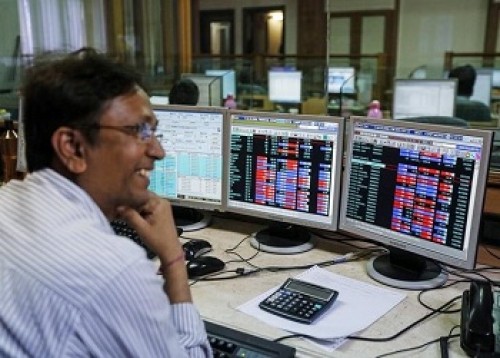

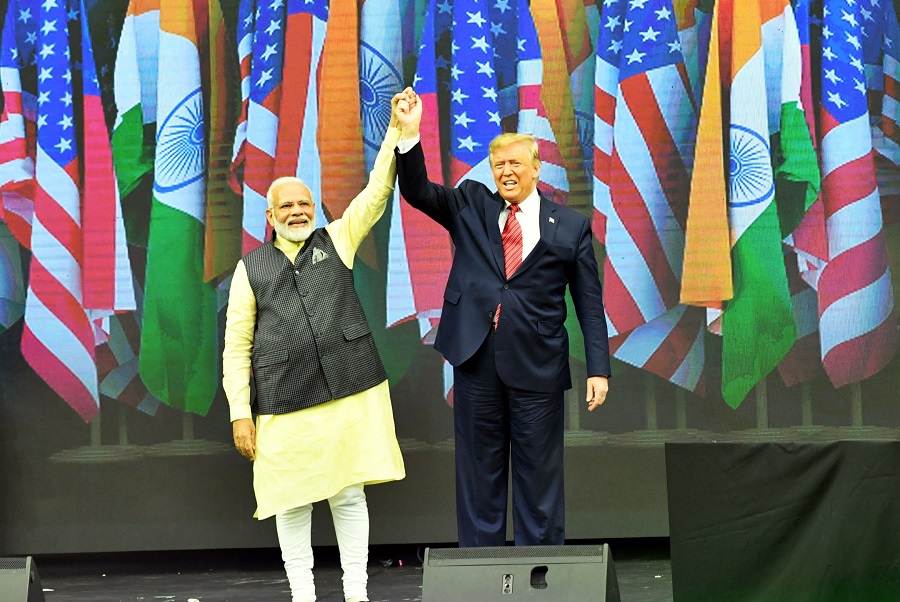


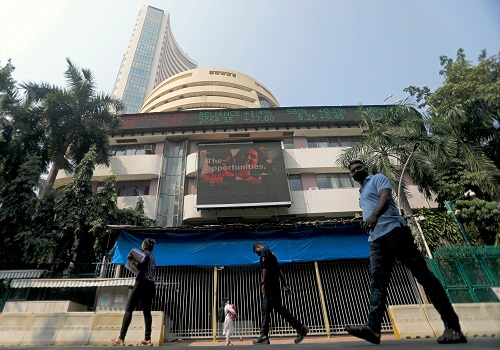
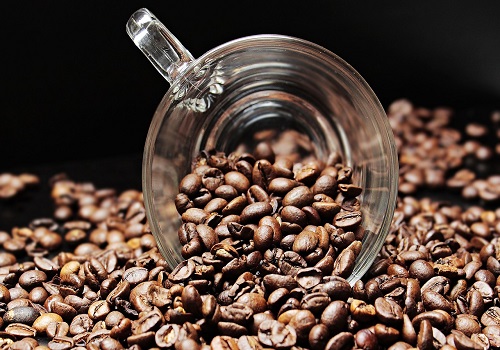
Tag News

Weekly Market Analysis : Markets strengthened recovery and gained nearly 2% in the passing w...






